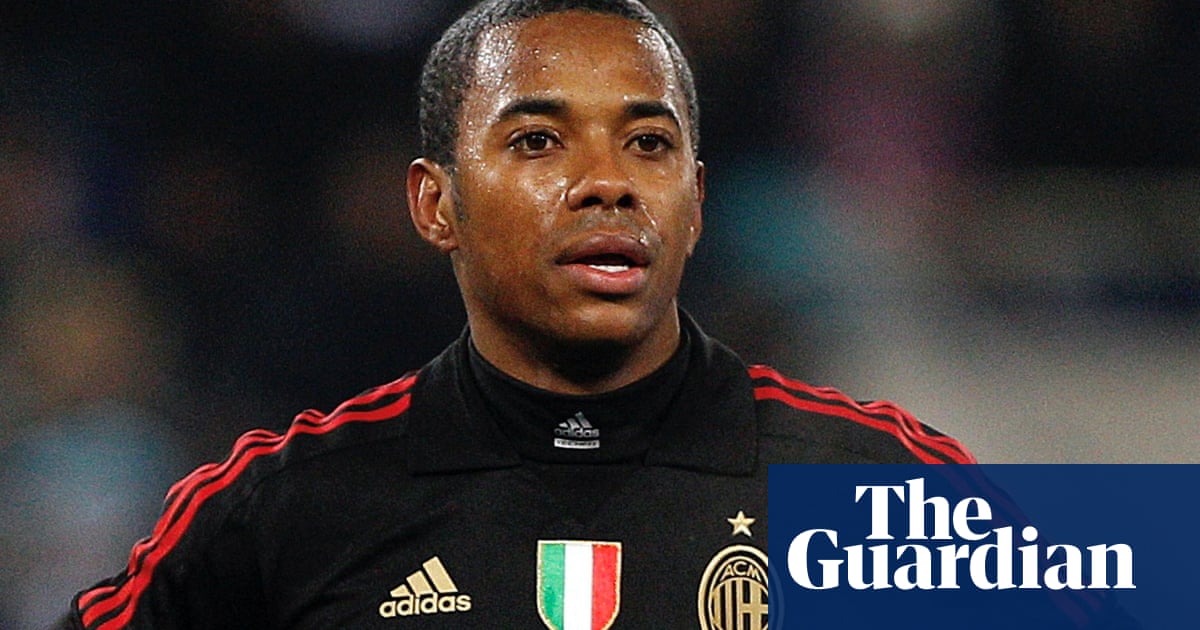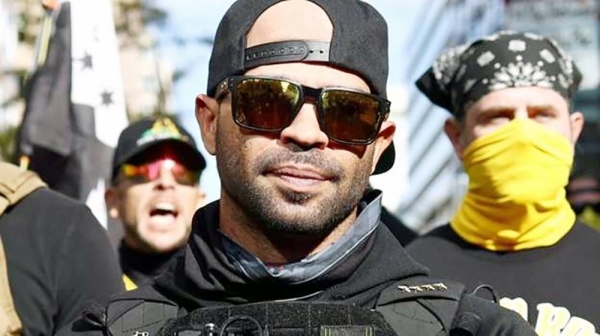
French prosecutors have called for life sentences for 12 of the 20 men suspected of key roles in the November 2015 Paris terrorist attacks on a stadium, bars and restaurants and a rock gig at the Bataclan concert hall.
As the biggest criminal trial ever held in France entered its final weeks, prosecutors summed up the evidence and regretted that there were still key, unanswered questions about the coordinated attacks that killed 130 people and injured more than 490.
Twelve of the men on trial for taking part in the preparation, planning and logistics of the attacks could face sentences of up to life in prison, the maximum punishment under French law, if convicted.
The key accused, Salah Abdeslam, is believed to be the last survivor from the cell of 10 men who struck the city. Most of them killed themselves or were killed by police. He could face life in prison without parole, a sentence rarely handed down in France and which virtually rules out any later reduction of his sentence.
The attacks, claimed by Islamic State, began at about 9pm on Friday 13 November 2015 when a suicide bomber blew himself up after failing to get into the Stade de France. This bombing was followed by drive-by shootings and suicide bombings at cafes and restaurants in Paris, and an attack at the Bataclan during a concert by Eagles of Death Metal, where 90 people were killed.
The prosecutor Camille Hennetier told the court of the “cruelty of the terrorists who fired again and again and took pleasure in killing”, and said the attacks were mostly prepared outside France.
Abdeslam, 32, a Brussels-born French citizen, is alleged to have been central to the vast logistics operation in which the jihadists returned to Europe from Syria via the migrant route. He is believed to have escorted the three bombers who blew themselves up at the Stade de France, after which he was to carry out his own attack in northern Paris.
He told the court he had backed out of his mission to blow himself up in a bar in northern Paris. But prosecutors said his explosive belt simply malfunctioned. They said his claim that he was recruited by a jihadist cell only a few days before the attacks was “strange” and “illogical”.
Hennetier said it was regrettable that much “remains in the dark” around how the attacks were planned and carried out. “The answers are here in the dock. Most of the accused know. They know everything and have never spoken, and probably will never answer,” she told the court.
Another key defendant, Mohammed Abrini, accompanied the attack group to Paris the night before the assault and then returned to Belgium. He was arrested after the March 2016 attacks in the Brussels airport and subway.
“Salah Abdeslam and Mohammed Abrini made no mystery of their jihadi engagement, but both tried to cover the tracks about their ideas,” the Paris prosecutor Nicolas Le Bris told the court.
Fourteen of the defendants have been in court. Six men are being tried in absentia, with five presumed – but not confirmed – dead in Syria or Iraq. Most of the suspects are variously accused of helping create false identities, transporting the attackers back to Europe from Syria, and providing them with money, phones, explosives and weapons.
“Not everyone is a jihadi, but all of those you are judging accepted to take part in a terrorist group, either by conviction, cowardliness or greed,” the prosecutor Nicolas Braconnay told the court this week.
The verdict is expected on 29 June.












